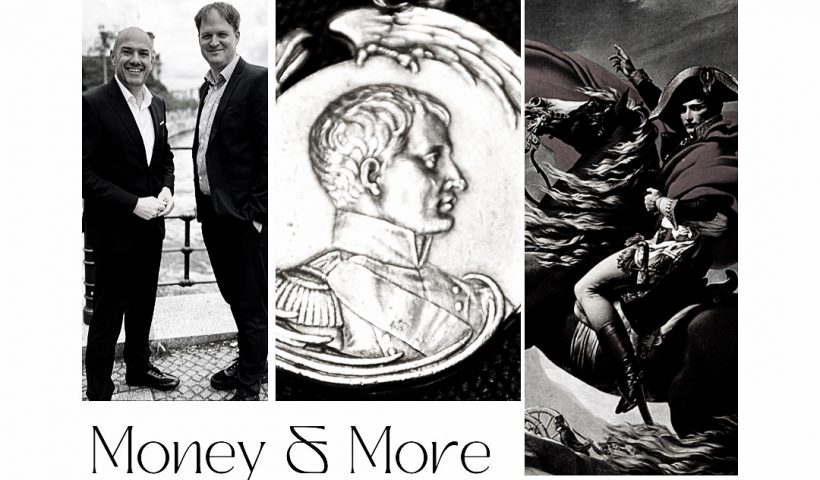In their historical-social debate “Cash, book money, cryptocurrencies and the digital euro“ on money in the digital age in the book “Praxisbeispiele der Digitalisierung” (Practical Examples of Digitalisation) published by Springer Gabler Verlag, the co-authors Jochen Werne and Johannes Winter use historical examples to show the interconnectedness of various actors in the cycle of our money today.
Read an excerpt of chapter 9.3.1. on the historical role of CIT – cash in transit here:
Making money available and the central role of cash-in-transit logistics
In the case of cash, the person concerned has direct, unrestricted physical power of disposal over his money in the form of coins or banknotes. However, the fact that this is not yet given when the money is minted or printed in bank vaults, but only when it is delivered to the owner, is of crucial importance. To illustrate the importance of this step and thus also the role of the transport of money and valuables, a historical event from the Rotschild Archives can be used.
„The Rothschilds supplied the Duke of Wellington with gold during the Napoleonic Wars and saved Wellington’s armies from almost certain defeat. Between 1793 and 1815, Britain was almost continuously at war with France, which placed an enormous burden on the British treasury. By 1813, Wellington’s armies had managed to push the French back as far as the Pyrenees, but the financial situation had become critical. Wellington desperately needed gold and silver coins that he could exchange locally to pay and feed his troops and thus maintain morale. J.C. Herries, the British government’s chief commissioner, was responsible for financing and equipping the British armies in the field. Herries was looking for a middleman who could secretly procure large quantities of gold without alerting the French. In January 1814 he officially engaged Nathan Mayer Rothschild. Over the previous five years Nathan had built up an extensive network of couriers, dealers, brokers and bankers to facilitate his gold trading activities. Over time, he had established a dominant position as a gold broker in the City of London. After receiving the commission from Herries, Nathan instructed his brothers on the Continent to buy gold wherever they could, secretly and in small quantities so as not to disturb the market. Once the gold was gathered, it was shipped and forwarded to Wellington in the south of France so that he could pay his troops” (Rothschild Archives 2021).
Alongside many small and medium-sized players, the three corporations Prosegur, Brinks and Loomis dominate the main part of the consolidating world market for cash and cash-in-transit. By supplying retailers, banks and private individuals via ATMs and branches, as well as repatriating funds, the industry ensures that the cash cycle is maintained and that each individual’s power of disposal over cash is upheld.

